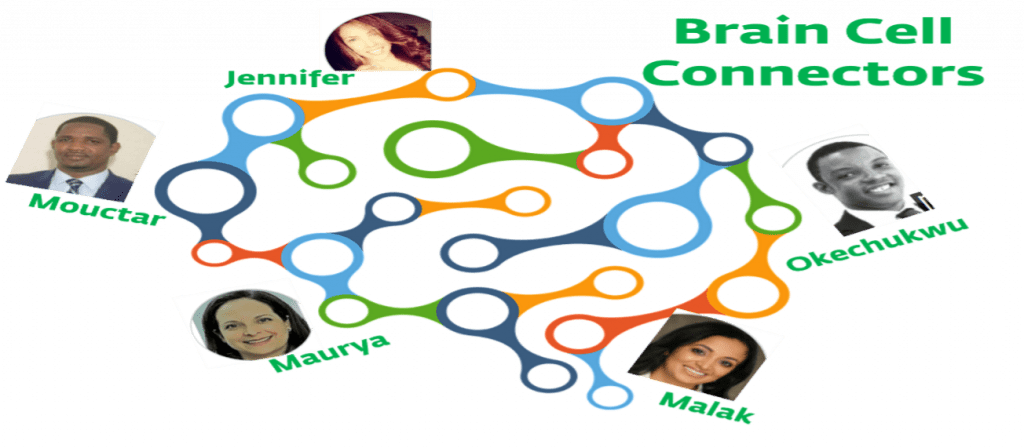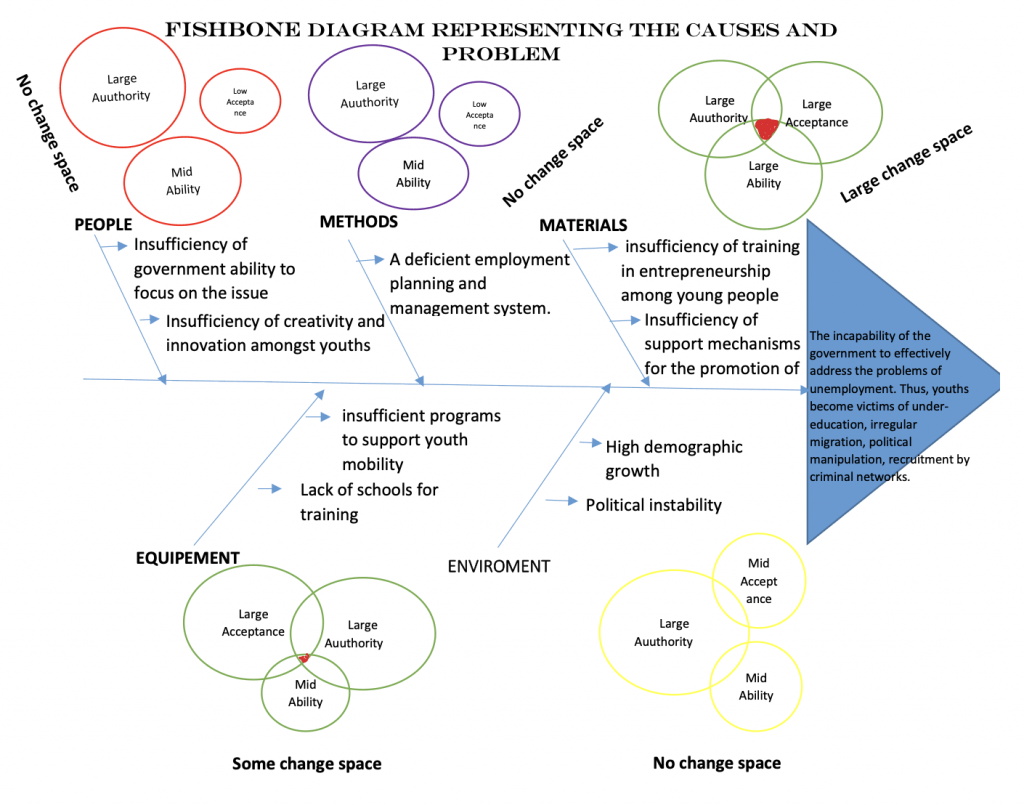Guest blog written by Mamadou Mouctar Diallo
The thousands of miles that separate Guinea from the United States and COVID 19 were overcome by technology to enable us to attend this public policy implementation training at the prestigious Harvard Kennedy School. When the opening bell rang in June, I knew I was about to embark on a new adventure that would not only change my life, but also end the suffering of so many young people in my country, Guinea.
When I enrolled in the IPP program, I knew that it would be no easy task given the political, institutional, professional, and personal problems associated with my environment. But I was convinced that whatever the challenge was, I would see it through. Furthermore, I expected the training to be theoretical, but I was pleased to find that it was both practical and theoretical. The depth of concepts and notions taught by teachers with a solid pedagogy informed by their rich experiences supported by a rich and varied documentation with simple tools in an excellent organizational framework gave me a result beyond my expectations.
The IPP challenge I was working on was “The high unemployment rate in Guinea”. I remember the speaker, MATT ANDREWS, saying in the opening session that over time we will see a lot of evolution and that many participants will change or update their problem statements. I remember thinking, “Not me, mine is pretty clear.” I didn’t think I would be at the top of the list of those he mentioned. Later, I had rephrased my problem statement from “High unemployment in Guinea” to “The Guinean government is unable to effectively address the problems of young people. As a result, they are victims of under education, illiteracy, poor governance, irregular migration, political manipulation, recruitment by criminal networks due to the high unemployment rate.”
I have learned to step out of certainties and constantly question myself in order to always learn through action and new discoveries. As a former youth leader and former minister of youth and youth employment, I thought I had a thorough understanding of all youth problems and their solutions, which when tested proved to be incorrect. With the fishbone diagram, I learned to better diagnose my problem. I realized that you can approach a problem from many angles because it can have many facets. And it is easier to find the solution to the problem when you deconstruct it by finding its different causes. The best way to dominate a problem is to divide it and solve it progressively. It is therefore necessary to get out of the classical schemes and prefabricated solutions. In my journey I had believed like a “holy scripture” that the best method was “Planning and Control” as the World Bank and other Institutions make us believe, but with the PDIA, we can gradually achieve unsuspected and incredible results in front of complex challenges like the journey in 1804 to the West Coast of the USA.

I also understood that the success of an initiative depends on the leadership of the person who carries it and the importance of the 3A’s (Authority, Acceptance and Abilities). This iteration strengthened my leadership. I developed my teamwork skills. I understood more about the importance of building a good team. And the need to be patient, to listen, to share, to delegate, to reassure, to motivate and to communicate well with your superiors (to gain their trust, their authorization and their support), your colleagues (to gain their trust and their good collaboration) and your subordinates (to gain their trust and their submission).
I have also learned that the simple commitment of the actors who implement or benefit from a public policy is not enough. If it is not accompanied by a real political will on the part of the public authorities to solve the problem, it is difficult to mobilize all the human and material resources necessary to provide an effective response to the real problems of the populations. The quality of the organization and functioning of public authorities are determining factors in the success of public policies. If there is weak leadership at the state level, poor governance and socio-political instability, it is difficult to achieve success in public policies in a country. But in any case, it is necessary to be committed, to play one’s part fully and to take the first step. As a popular African proverb says: “The longest journey begins with the first step”. Yes, I am happy to take the first step in this journey to reduce the high rate of unemployment in my country because it will help to effectively address the problems of insecurity and poverty. And I am well equipped to go through the journey successfully. Previously I had the motivation, outfit and shoes needed. The IPP has given me the right glasses and tools to see the different parts of a challenge and to be able to tackle it effectively.
I can say with great confidence that I will be an ambassador of the IPP program wherever I am, I believe that if many people arm themselves with IPP, real solutions will replace real problems and promote progress around the world. To all public policy practitioners, know that the PDIA is a one-stop solution key for individual and community development.
The other extraordinary dimension of this experience is its methodology. Indeed, in addition to the interesting direct and indirect exchange sessions with the professors, the organizers and the participants who came from all over the world, it is group work. I worked in the Brain Cell learning group. It is a team of people coming from different backgrounds with rich and varied backgrounds that impressed me. Despite the difference in culture, I noticed a harmony in the group. During this training, this teamwork taught me many things among which I note three (3) elements:
- Experience sharing:
I learned things from my group members that I did not know from their countries and I was enriched by their experiences, backgrounds and good work methods.
- The culture of good work:
I sensed in each of them the willingness and passion to take on their challenges. Everyone is fighting to contribute to good causes in their country. And that motivated me in my work.
- The human quality:
I noticed throughout the work that the members of my group have a human warmth. They are humble, kind, available, good listeners, open-minded and very understanding. They supported me in my work. In short, my colleagues are citizens of the world. I felt like family. Their qualities inspire me for life. This is a wonderful gift!
Many thanks to the entire IPP team and to Harvard!

This is a blog series written by the alumni of the Implementing Public Policy Executive Education Program at the Harvard Kennedy School. Participants successfully completed this 6-month online learning course in December 2021. These are their learning journey stories.
